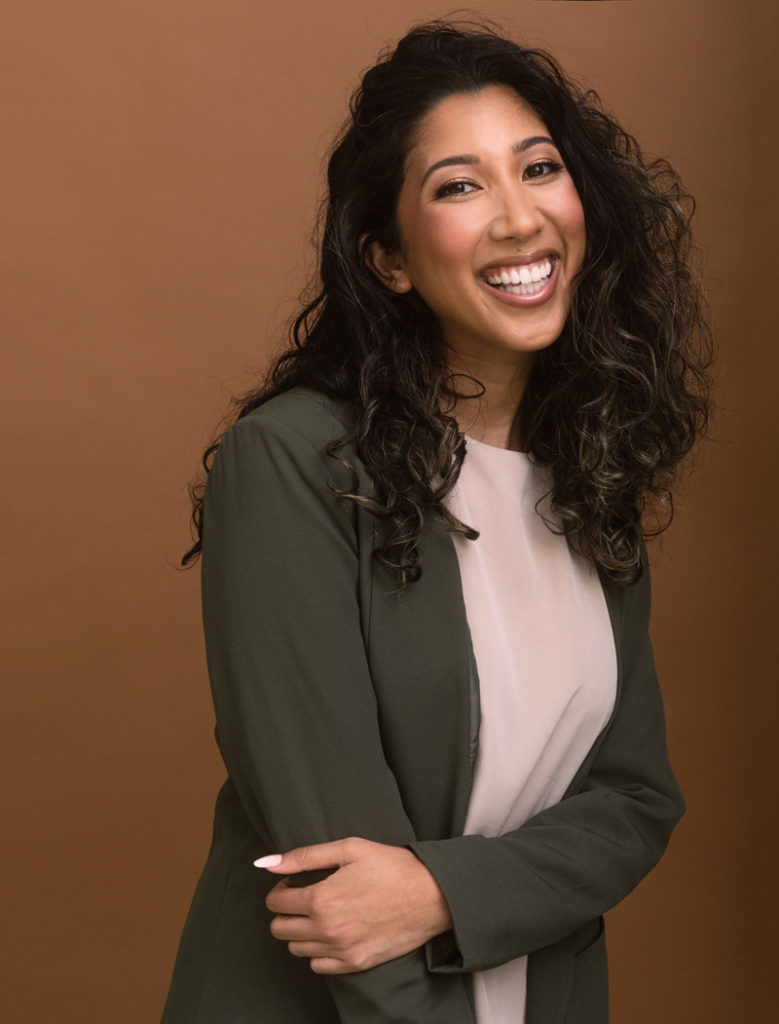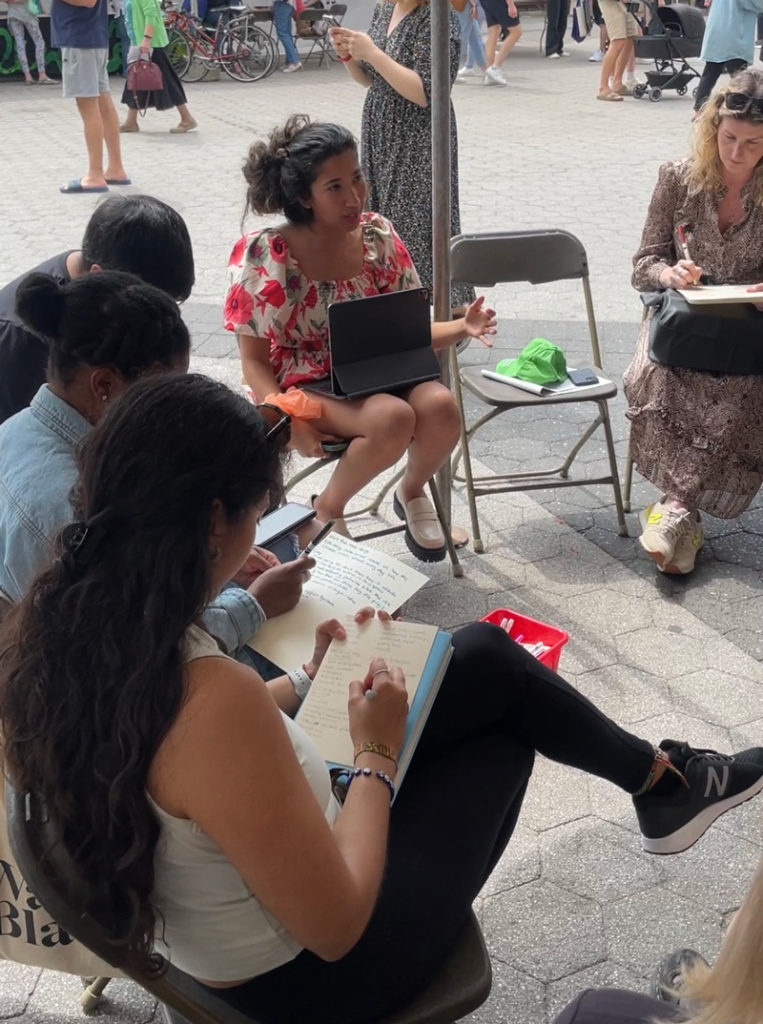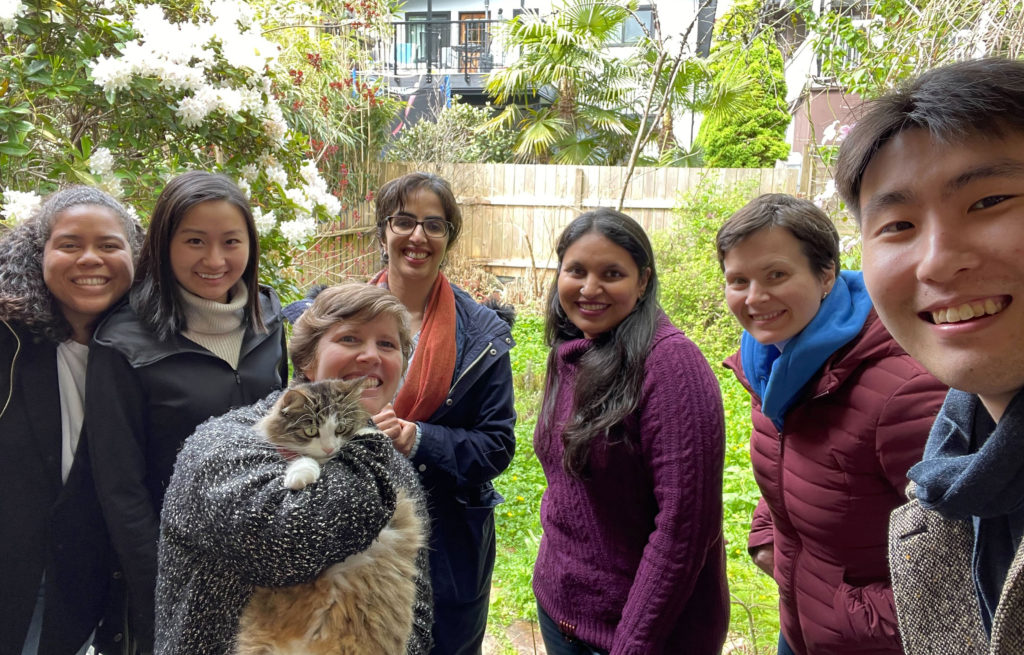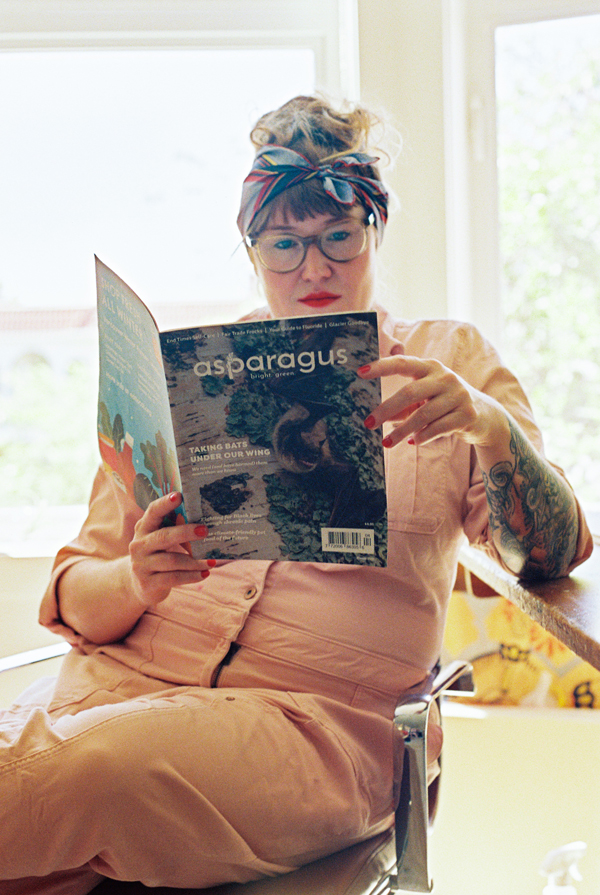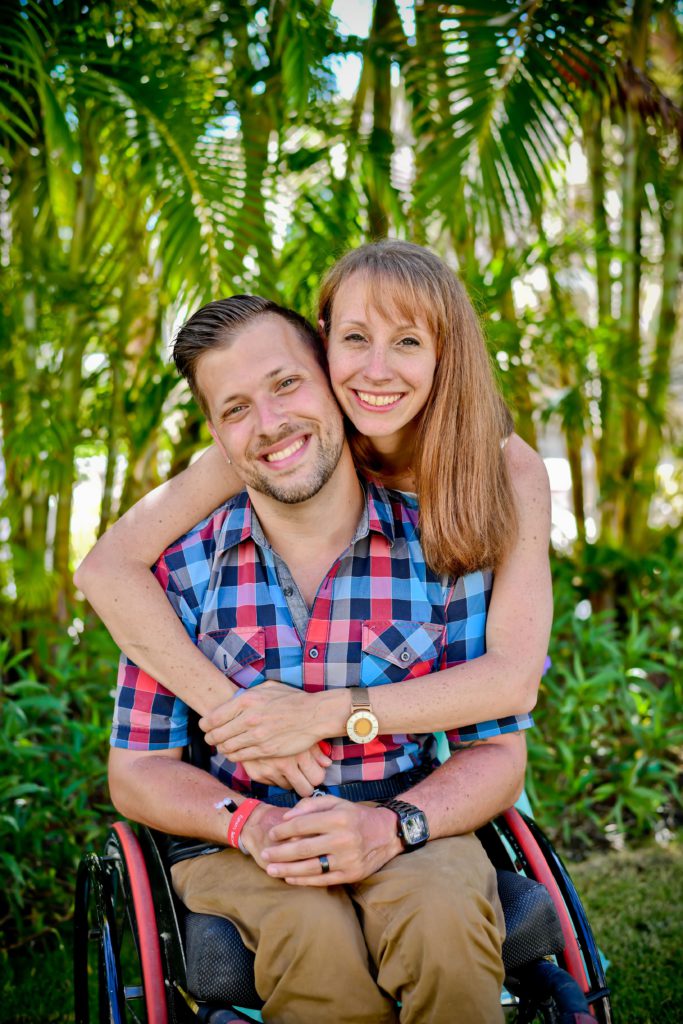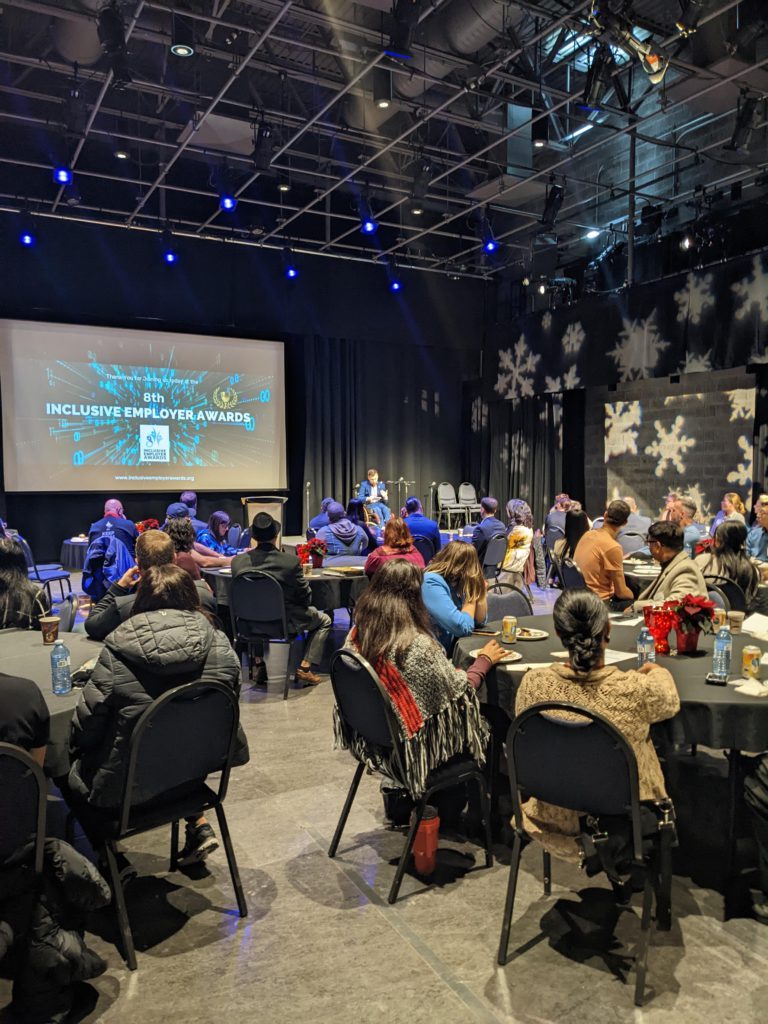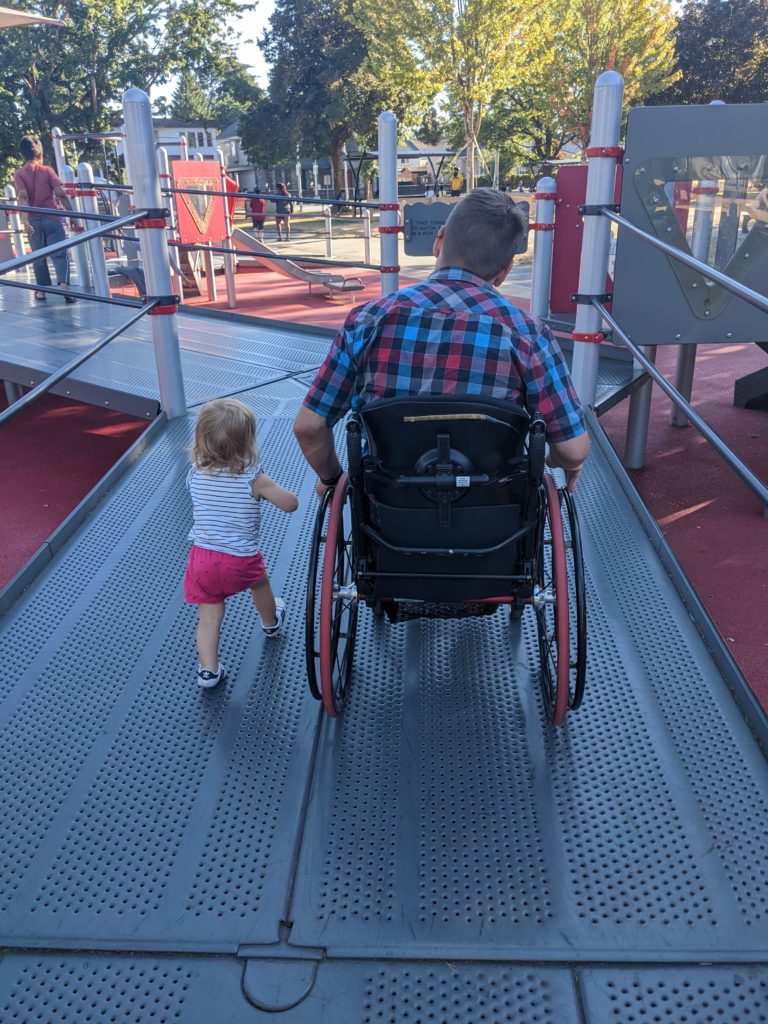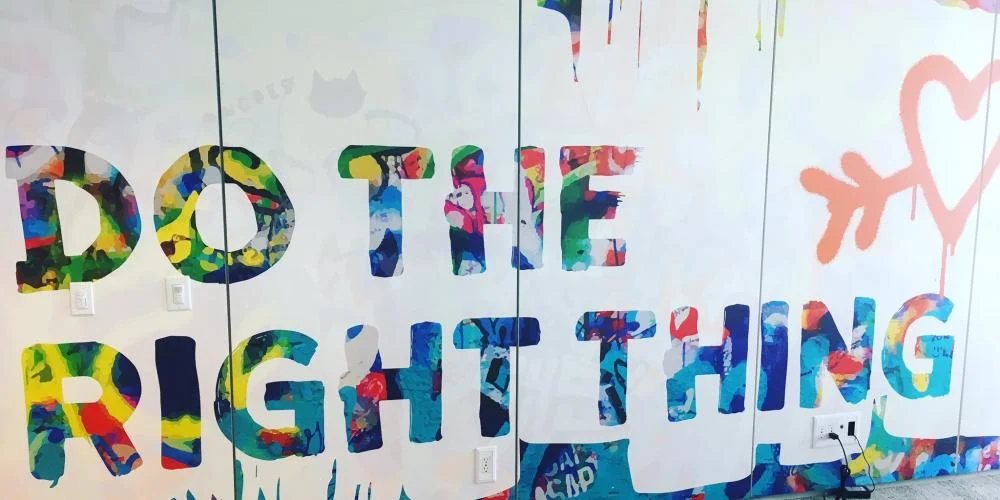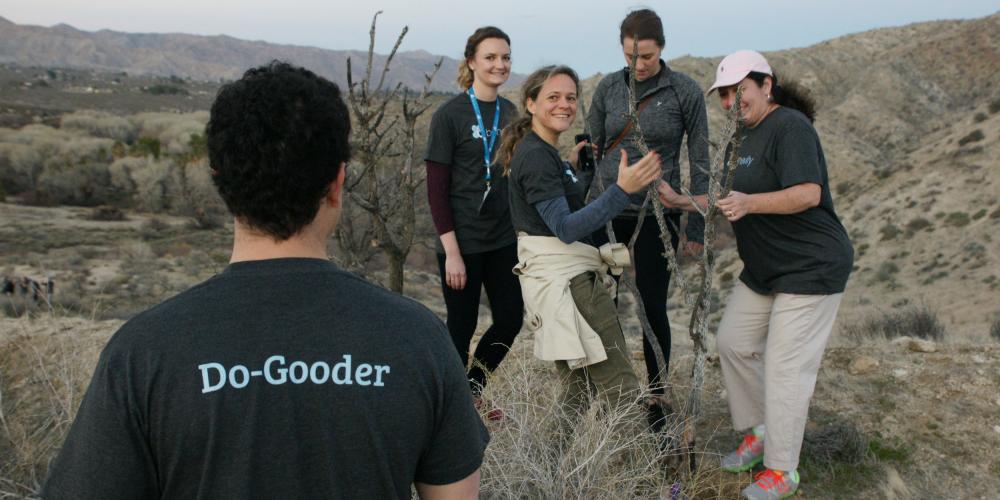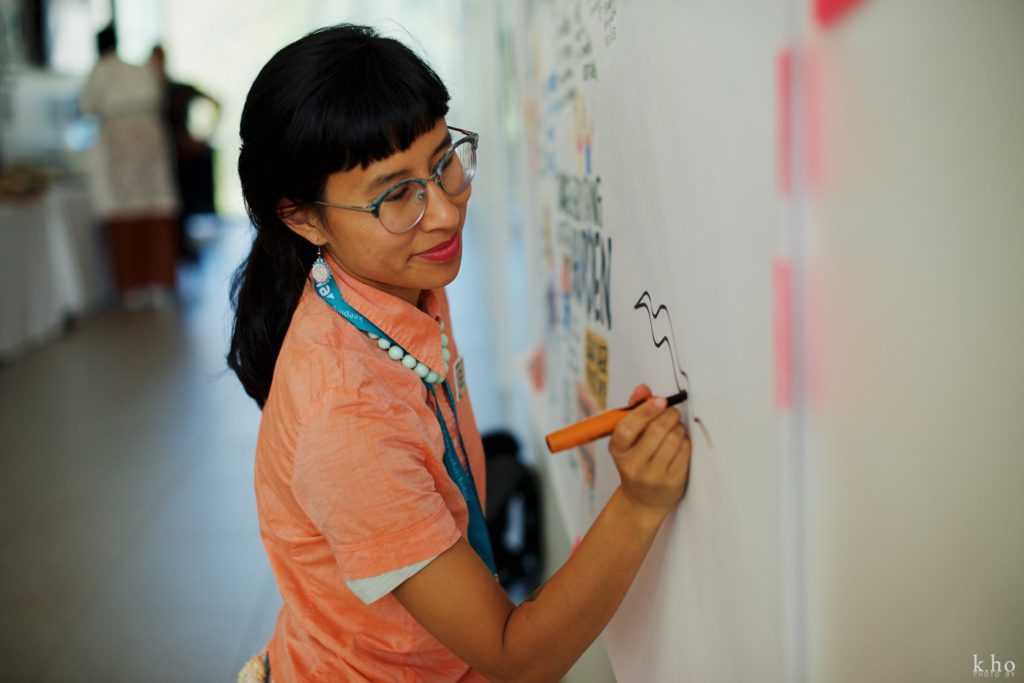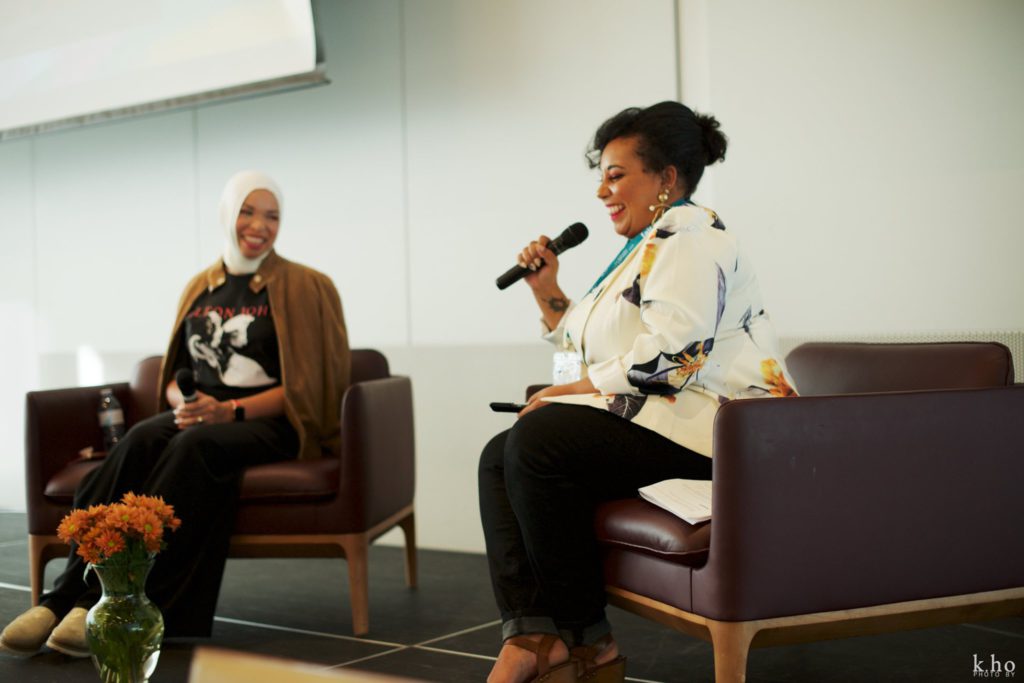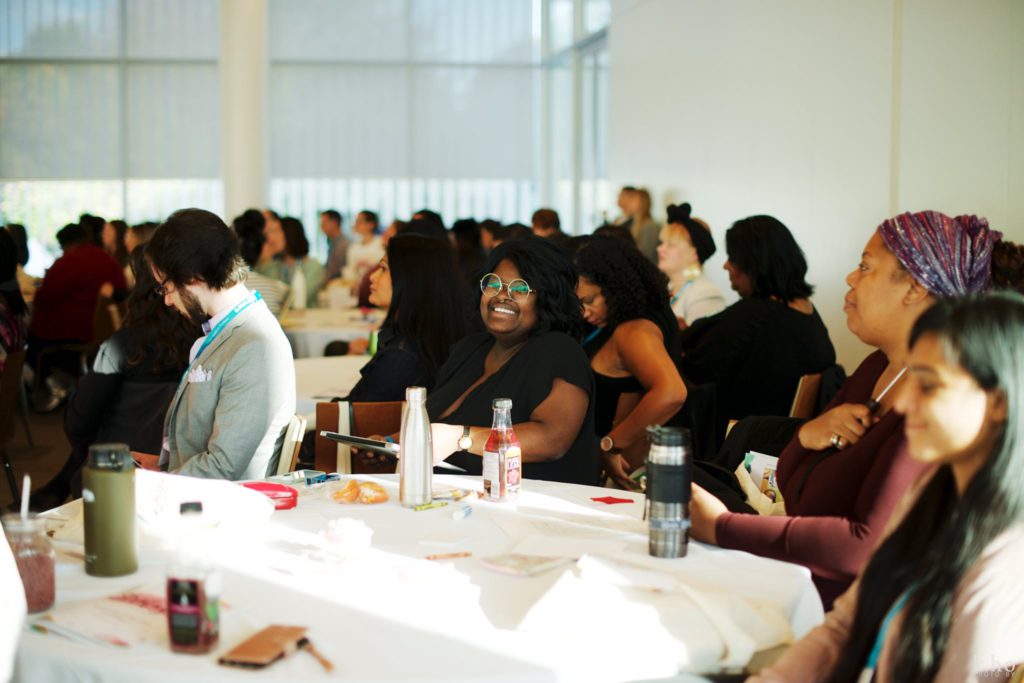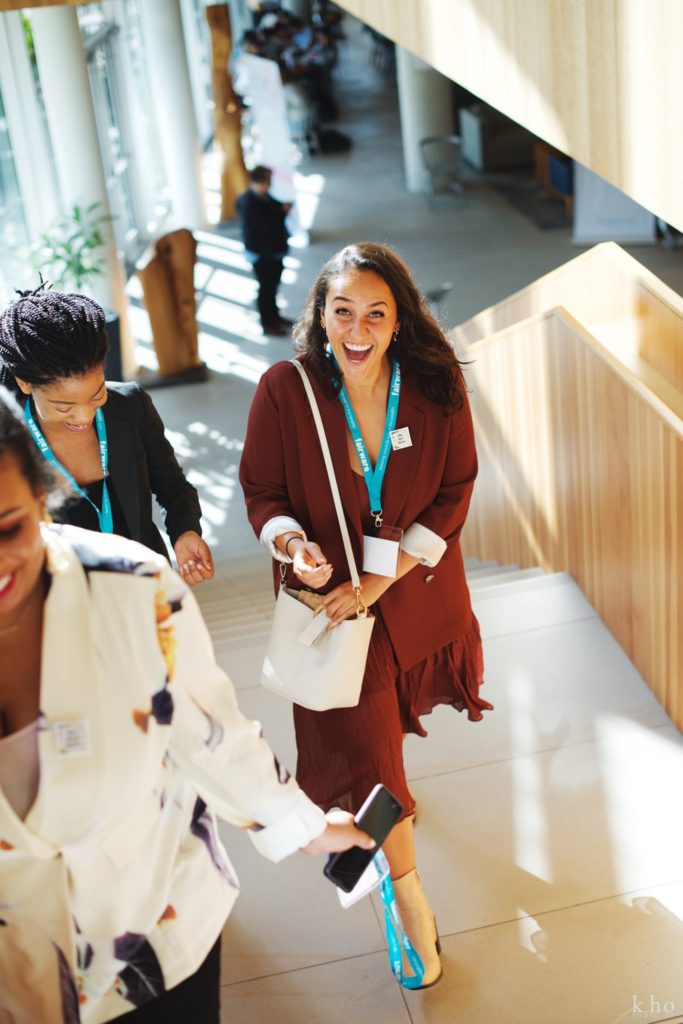We have big dreams for our in-house publication, Make The World Better Magazine. Our biggest: to amplify stories of changemakers so their impact spreads far and wide and purpose becomes the mainstream.
Of course, big dreams take time and effort to become reality. Along the way, it’s encouraging for featured participants, our readers, and the Sparx team to see that our work is making a tangible difference and contributing to a better world.
Check out our 2023 impact update for insight into the progress we’ve made so far on our goals, starting from when we launched the magazine in September 2021 until our fifth issue, released in July 2023.
MTWB Magazine Statistics
Impressions and Engagements
The first five issues of Make The World Better Magazine have garnered the following amounts of impressions and readers since their respective publication dates:
Issue 1 – Better Together: 3,613 Impressions, 829 Readers (since September 2021)
Issue 2 – The Next Regeneration: 3,625 Impressions, 799 Readers (since April 2022)
Issue 3 – The Circular Economy: 3,155 Impressions, 1,036 Readers (since September 2022)*
Issue 4 – Capital As A Force For Good: 664 Impressions, 419 Readers (since February 2023)
Issue 5 – Diversity, Equity, and Inclusion: 524 Impressions, 370 Readers (since July 2023)
*The last edition of the magazine that we published on Issuu. All links to editions on this platform expired in May 2023. From Issue 4 onwards, all issues were published exclusively on the Sparx website.
Meanwhile, our Make The World Better Magazine blog posts have cumulatively attracted 1,122 Impressions and 1,014 Readers.
This brings the grand total to 12,703 Impressions and 4,467 Readers!
Additionally, across our Facebook, LinkedIn, Instagram, and X (formerly Twitter) social media accounts, Make The World Better Magazine content has garnered 15,860 total social impressions and 1,303 total social engagements.
Demographics
Make The World Better Magazine has been read by users in 54 countries. The majority of our readers are located in Canada (54%), followed by the United States (26%), Ireland (3%), and the United Kingdom, India, and Sweden, all at roughly 2%.
With readership as far-reaching as Japan, Philippines, Trinidad and Tobago, Brazil, United Arab Emirates, Estonia, Jamaica, New Zealand, and Zimbabwe, our readership has truly hit global levels. We hope to see the number of readers in each of these countries increase and make an impact in even more locations.
Milestones
Exposure and Awareness
We’ve worked hard to increase awareness of Make The World Better Magazine through various methods such as outreach, sharing on social media, event attendance, and networking. With each new connection we make and issue we produce, awareness expands.
Of course, we can’t thank our featured participants enough for the pivotal role they play in our publication. Each time they share MTWB Magazine content across their social media channels and their featured articles in blogs, newsletters, and social media blasts, it helps our publication achieve greater impact.
As of Issue 5, we’ve had the honour of featuring 43 changemakers:
Issue 1 – Better Together:
Issue 2 – The Next Regeneration:
Issue 3 – The Circular Economy:
Issue 4 – Capital As A Force For Good:
Issue 5 – Diversity, Equity, and Inclusion:
Our next issue, the Amplifiers edition (set for the end of 2023) will see 10 more changemakers added to our participant line-up.
Print Copy Distribution
Along with providing print copies to participants and on request, we’ve distributed the magazine at several purpose-driven events, including:
We’re proud to report that the magazine has been well-received at these events and has opened the door for positive conversations and new partnerships. For example, all 50 copies of the Circular Economy issue that we brought to the Canadian Circular Economy Summit were gone by the end of day one.
In addition to bringing physical copies to events, we also provide scannable QR codes so attendees can dive into each purpose-driven page digitally.
Patreon
In 2023, we created a Patreon account for Make The World Better Magazine. Our goal is to build a community of values-driven individuals, gain wider support, share content, and spread impact on this new-to-us platform. You can sign up here.
Featured Company Milestones
We really believe in the work every featured participant is doing. In light of this, we take great joy in keeping track of their achievements, collaborations, and other updates. After all, a rising tide lifts all boats in the purpose-driven space.
While all the changemakers we’ve featured have made their mark in some way or another, the following have had some noteworthy successes since being featured in Make The World Better Magazine:
Issue 1 Participants
Raising the Roof: Completed Reside project in Toronto (December 2021), facilitated Community Builders expansion in Greater Sudbury (February 2022), and received a $129,000 affordable housing initiative grant for Raising the Roof Orillia (July 2023).
ShareWares: Partnered with Body Energy Club to implement reusable cup program (May 2022), launched Tim Horton’s Borrow a Cup pilot program in Vancouver (June 2022), partnered with SkipTheDishes to provide reusable packaging option for Vancouver residents (December 2022), and was a recipient of CleanBC Plastics Action Fund: Phase 2 (April 2023).
QMUNITY: Partnered with Capilano University to deliver a Gender Diversity and Queer Inclusivity learning pilot program (December 2022) and started construction on a 2SLGBTIA+ social housing tower with two-level space for QMUNITY on September 2023, after receiving initial approval from Vancouver City Council back in July 2021.
Issue 2 Participants
Bluebird Grain Farms: Broke ground on new processing facility/expansion project (August 2021), received the SBA Seattle District Rural Small Business of the Year award (May 2022), and held a Grand Opening for their new granary (September 2022).
Cascadia Seaweed: Won BC Food & Beverage Awards – Innovation Award (2020), Sustainability Award (2021), and Social Impact Award (2022), as reported here; was awarded $1.8M in Grant Funding from the BC Salmon Restoration and Innovation Fund (2021), received $4.3 million from the federal government to establish a 100-hectare seaweed farm and agri-feed processing facility close to Prince Rupert (October 2022), awarded $73,771 by the Canadian Food Innovation Network (November 2022), secured $1.5 million funding from the British Columbia Centre for Innovation and Clean Energy (June 2023), and partnered with ReFeed Canada Partners to launch Cascadia’s first commercialized agricultural product (2023).
Ecosystem Services Market Consortium: Launched market program, Eco-Harvest (May 2022) and partnered with General Mills, who Invested $3 Million to scale Eco-Harvest (June 2022), as reported here; Eco-Harvest became the first market program to reach pilot certification under the Value Change Initiative in the US (2022) and partnered on seven USDA Climate Smart Commodity Grants (September — December 2022), according to their 2022 Annual Report; and announced the positive incomes being delivered with Eco-Harvest program (June 2023).
Moment Energy: Established a supply agreement with Mercedes-Benz Energy (MBE) for second-life electric vehicle batteries (July 2022), announced the successful installation of its Flora system at the God’s Pocket Resort (March 2023), established a distribution agreement for battery energy storage systems with Saskatchewan Renewable Energy Solutions (July 2023), and became the first and only company in North America to achieve UL 1974 certification, the Standard for Evaluation for Repurposing Batteries (October 2023).
ReFeed Canada: Received the StrongerBC Accelerating Manufacturing Grant (October 2021); signed on as the exclusive Canadian distributor for four innovative Agtech companies: Cascadia Seaweed, Agrotek Industries, HYDRALOC, and Circular Harvest (2023); and signed on as a non-exclusive Canadian Distributor for GreenStreme® organic fish fertilizer for growing and soil health (2023).
Solaires: Named a Victoria Tech Community Awards finalist in two categories: Scale Company of the Year (11-29) and Innovative Excellence – Hardware (November 2022) and was named CB Innovation Awards 2023: Best green energy innovator (May 2023).
Issue 3 Participants
Circular Rubber Technologies: Received $3.2 million in funding from the Government of Alberta through Emissions Reduction Alberta (February 2023) and was a finalist for the Foresight Canada 2023 BC Cleantech Awards – Startup of the Year award (March 2023).
Too Good To Go: Saved nearly 79 million meals in 2022, registered over 20 million new users and worked with over 80,000 new stores in 2022, welcomed 595 new colleagues to the team, continued their B Corp journey and were named “Best in the World” in Governance for the second year in a row (2022); and acquired tech start-up CodaBene in November 2022 and rolled out FoodMemo in France with expansion plans slated for 2023, according to their 2022 Impact Report.
Issue 4 Participants
Foresight Canada: Celebrated a decade of impact in September 2023 and released their Impact Report. Highlights include: over 8,000 jobs created, $474 million in revenue generated, over 1,000 companies supported, and $1.68 billion in ventured raised capital (2023).
Spring Activator: As mentioned in MTWB Magazine, Spring partnered with TELUS Pollinator Fund for Good to launch their first Women-led Impact Investor Challenge (September — December 2022). Across this investor challenge and two others (Food Impact Challenge and Kootaney Investment Challenge), Spring gave out investments totalling $170,000 as of November 30, 2022.
Issue 5 Participants
Benevity: Joined CEO Action for Diversity & Inclusion, the largest CEO-driven business commitment to advancing diversity and inclusion within the workplace, and pledged to support a coalition representing more than 21 million employees globally toward positive change (September 2023).
Meaningful Access Consulting: Selected as the Open Door Group’s Untapped 2023 BC Workplace Inclusion Champion for Small Business (Under 100 Employees) (2023).
Raven Indigenous Capital Partners: Released their 2022 Impact Report after our interview with them for Issue 5, which included impact stories and headline metrics across portfolio companies, including 71% Indigenous ownership, $25 million Fund 1 and $100 million Fund II assets under management, and 25 investments in 11 companies.
MTWB Events
The Summit on Responsible Investment
The Summit on Responsible Investment brought together participants from previous issues of Make The World Better Magazine to discuss mission-aligned topics during the Make The World Better panel.
Following a company presentation from Susgrainable (Issue 3), the following participants appeared together on stage, both virtually and in-person, to talk all things regenerative business:
- Mike Williamson, Founding Partner and CEO at Cascadia Seaweed (Issue 2)
- Bram van den Berg, COO and CFO at Circular Rubber Technologies (Issue 3)
- Tracy Lydiatt, Mining Innovation Project Manager at Foresight Canada (Issue 4)
- Sage Lacerte, Founder & CEO at Sage Initiative (Upcoming — Issue 6)
Key discussion points included: providing an overview of their companies and purpose-driven work, the benefits of regenerative businesses, bridging the gap between innovators and investors, partnerships with Indigenous Peoples, and making a profit while doing good.
MTWB Day
Our in-house event is centred around putting aside our usual workflows to dedicate the day to making as much impact together as we can, including attending purpose-driven film screenings, shoreline clean-ups, hackathons, and webinars.
As part of Make The World Better Day 2021, we launched the inaugural edition of the magazine. Check out our Make The World Better Day 2023 Event Recap for what we did and accomplished this year.
Future Event Planning
We hope to host and moderate more Make The World Better–themed panels and events in the future. The Sparx team has been brainstorming possibilities that we’re excited to turn into action. Meanwhile, we’ll continue to participate in various purpose-driven events to share copies of the magazine and make an impact.
Testimonials
We’re excited to share what our participants have said about Make The World Better Magazine. Their positive feedback is a great encouragement to us going forward, sparking high hopes for the continued and future success of our publication.
“[T]he layout looks absolutely gorgeous and the content is absolutely incredible. Congratulations on your first publication.” — Plan International Canada
“Great to see that the magazine is published! I read our article, it is great.” — Raising the Roof
“You all did a great job. What a wonderful publication! […] Thanks again for highlighting our farm, we really appreciate the PR!” — Brooke Lucy, Co-Owner & Founder of Bluebird Grain Farms
“Pleased to be in such great company 🙌 Thank you!” — Cascadia Seaweed
“[I]t looks great. […] We really appreciate you all providing us this opportunity to share our work.” — Thayer Tomlinson, Director Of Communications at Ecosystem Services Market Consortium
“Thank you for the feature.” — EMKAO Foods
“Make The World Better Magazine, published by Sparx Publishing Group, is on Journey to collaborate with innovative companies, whose mission is to make the world a better place by what they do. I am honored to have been interviewed in the second edition (see Pg. 44-45), where we discussed how Insurance can be utilized to help commercialize for innovative businesses. […] Special thank you to Hamish Khamisa [President & Founder of Sparx PG] & Alexandra Nikitina [Head of Growth at Sparx PG] for leading the charge on this mission, along with all of the Innovative Companies and their visionaries who have been featured in this edition. They see the world as it could be and pursue the vision through their incredible work.” — James K. Asaad, President and Vice Chairman- Toronto at Ferrari & Associates Insurance and Financial Services
“Thanks so much for passing this on and again for the feature. […] It’s a really great read!” — Nada Grocery
“Feeling so thankful to have Moment featured by Sparx after being ranked as one of Canada’s Top Impact companies!” — Edward Chiang, Co-Founder & CEO at Moment Energy
“Thanks, Sparx Publishing Group for featuring Moment Energy! If you are interested in hearing about Moment Energy’s founding story, mission, challenges and successes, as well as goals and upcoming projects, then read the magazine from pages 38 to 41.” — Miguel Adolfo Reséndiz Jiménez, Marketing Manager at Moment Energy
“Check out our exclusive interview on the newest issue of Make The World Better Magazine that highlights organizations accelerating us towards a more #sustainable future. Thank you for the feature, Sparx Publishing Group and a big thanks to Alexandra Nikitina [Head of Growth at Sparx PG] for coordinating with us!” — Solaires
“Thank you for the opportunity to share our story, and shed light on this important issue 🙏.” — FoodMesh
“Thanks for sharing the link — it’s great to see this come together!” – Andrea Davis, Media and Communications Manager at Benevity
“Thank you so much for including us, this is awesome!” — Cicely Belle Blaine, Founder & CEO of Bakau Consulting
“Thanks so much […] [I] can’t wait to share! Also excited to receive the hard copies in the mail :)” — Rita Steele, Founder of the BIPOC Sustainability Collective
“[W]e really appreciate being included in the magazine and contributing to the thoughtful discourse around DEI and accessibility.” — Karin Pasqua, Co-Founder and Accessibility & Universal Design Consultant at Meaningful Access Consulting
“It looks great! I love the typography choices and layout. It has a very fresh and minimalist look with an element of sophistication (aesthetics nerd here).” — Spring Activator
“I showed my son the article and he was very proud. So I’m a happy mom and that’s the best I can hope for in this world.” — Sxwpilemaát Siyám / Chief Leanne Joe
“The story turned out great and I’ll make sure to share it on all of our platforms.” — Randal Wyatt, Founder & Executive Director of Taking Ownership PDX
Cascadia Seaweed also emailed us to share positive feedback, including that they found our Why and How Circular Economy Companies in Canada Should Use Storytelling blog post useful and that they were so inspired by our reimagined Secret Santa, which they saw in our newsletter, that they decided to do it at their company as well.
And, it was wonderful to see ReFeed Canada share a link to their featured article in their communications flow.
Together, We Can Make the World Better
Enjoy stories of impact? Subscribe to Make The World Better Magazine to dive into purpose as soon as new issues are released.
And if you’re a changemaker working hard to make the world better, contact us for a free marketing consultation. We’d love to join forces and help tell your story.
